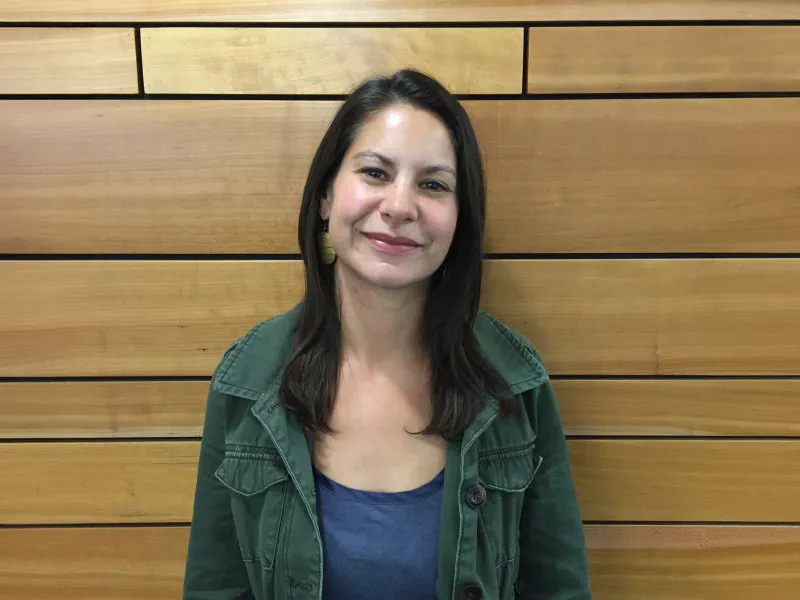
Biography
Amanda Bertana is an Assistant Professor of Sociology. She is also a research fellow with the Australian Centre at the University of Melbourne.
Her primary area of research investigates the human dimensions of global environmental change and its effects (flooding, coastal erosion, more frequent and intense storm surges) on local communities. Her book manuscript Losing Ground: The Social, Political, and Cultural Challenges of Relocation in Fiji investigates the intersection between development, adaptation, climate politics, and community resiliency. Her manuscript explores Fiji’s relocation policy within a historical context of colonialism that analyzes the social, cultural, and political implications of a relocation governance framework. In doing so, Dr. Bertana shows how communities are confronted with adapting to climate change alongside political and economic restructurings that have its roots in colonial practices.
Dr. Bertana’s secondary area of research investigates climate adaptation efforts with an emphasis on structural processes that lead to adaptive and maladaptive outcomes.
Select Publications
Bertana, Amanda and Natalie Blanton. 2023. “Climate Change Adaptation, Gender, and Mainstreaming: The Role of Gender in Fiji’s Relocation Initiative.” Climate and Development 15(1): 60-68.
Bertana, Amanda, Brett Clark, Tabitha Benney, and Cameron Quackenbush. 2022. “Beyond Maladaptation: Structural Barriers to Successful Adaptation.” Environmental Sociology 8(4): 448-458.
Bertana, Amanda. 2020. “The Impact of Faith-Based Narratives on Climate Change Adaptation in Narikoso, Fiji.” Anthropological Forum 30(3): 254-273.
Bertana, Amanda. 2020. “The Role of Power in Community Participation: Relocation as Climate Change Adaptation in Fiji.” Environment and Planning C: Politics and Space 38(5): 902-919.
Bertana, Amanda. 2019. “Adaptation to Sea-Level Rise: Valuable Lessons from the Narikoso Village Relocation Project in Fiji.” Case Studies in the Environment 3(1):1-7.

